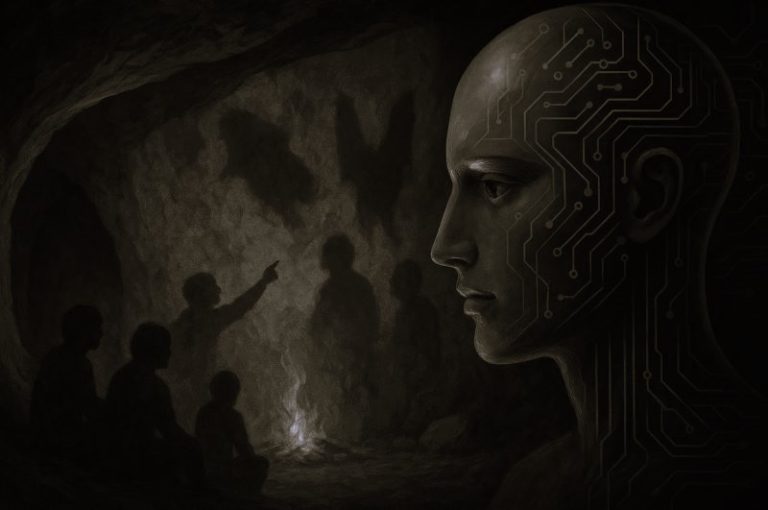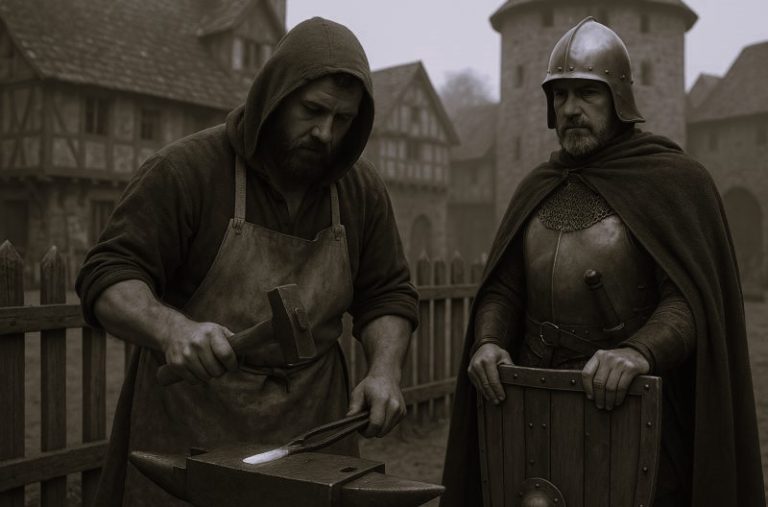01.10.2016
Japan has one of the highest adoption rates in the world, with over 80,000 legal adoptions recorded every year. Yet when it comes to adopting children, the Asian country is lagging way behind most developed countries. That’s because around 98% of Japanese adoptees are bright young men in their 20s and 30s.
At the same time, while studies have shown that family-controlled businesses are generally unsustainable over long periods of time – mostly due to the fact that business acumen and intelligence are only partially inherited – it’s interesting to see that not only are a third of Japanese corporations family-run, but they are also clearly outperforming professionally managed companies in almost every way. Statistics show that family firms are more profitable, have a higher market valuation and increased sales compared to their rivals. Even more curious is that giants like Suzuki, Toyota or Matsui Securities have managed to keep it all in the family for over a hundred years, and other family businesses for even longer than that.
But what does the remarkable success of family business have to do with the high rate of adult adoption, right? Well, in Japan at least, these two curiosities are very closely linked. Prior to the Second World War, civil code in Japan decreed family wealth could only be passed down through male lines, traditionally to the first born son. So families with no male heirs or with sons deemed unsuitable to take over the family business turned to adoption, but not the kind most of us are used to. Instead of simply adopting a baby or a young boy, they adopted young men who displayed the intelligence and knowledge of business required to ensure that their name and legacy endured until the next generation. And while the law no longer prohibits people from passing down their fortune to female heirs, the age-old tradition of electing a ‘mukoyoshi’ (or ‘adopted son-in-law’) is still very popular in Japan.
The vast majority of adoptions in Japan have little to do with kindness and generosity and a lot to do with mercantilism and the fear of losing centuries-old family names. Genes are not that reliable, which is why most family businesses stagnate and eventually go downhill after their founder’s death. But in Japan, you can find family-run businesses dating back over a millennium. According to Wikipedia the top five world’s oldest businesses are Japanese, with the oldest of them, a Buddhist temple builder called Kongō Gumi, having been founded in the year 578. It remained a family-run business until 2006, when it was absorbed by the Takamatsu Construction Group. The mukoyoshi tradition simply allows Japanese family businesses to cheat the fate that other family companies usually succumb to.
While some people may see the Japanese adult adoption as wrong or just plain weird, studies have found that it is a very effective way of keeping family businesses healthy over long periods of time. According to The New Economy, “adopting highly qualified adults to head family businesses has the triple effect of displacing untalented blood heirs, eliciting better performance from managers who stand to be placed on a fast-track to ownership by becoming an adopted son, and encouraging proactivity among blood heirs who live under constant threat of being replaced by a ‘superior’ adopted son. These internal pressures to excel translate into serious investment dollars.”
Osamu Suzuki is the 4th adopted adult to run the company/Photo: Slideshare
Today, there are a host of matchmaking companies and marriage consultants specializing in recruiting adult adoptees for Japanese companies. “There is definitely demand because the birth rate in Japan has been falling and many parents just have a daughter,” says Chieko Date, the founder of a matchmaking site for woman looking for husbands willing to get adopted by their families. “And many men are looking for opportunities to use their business skills outside the corporate world because in this economy, climbing up the corporate ladder is much harder.”
Prospective voluntary adoptees obviously have a lot to gain from this as well. Not only are they awarded a high executive honor, but their families are often rewarded with large sums of money for accepting that their heir give up the family name and take on that of the adopters. It’s a good business deal, especially for families with multiple male heirs.
“I see no problem in changing my family name because I see it as a nickname given by the government for the family registry,” says Tsunemaru Tanaka, who signed up for Date’s website. “I am confident that my skills can be useful so if there is a chance for me to inherit a family business and make it successful, that would be good for everyone.”
But while many Japanese families turn to adult adoption as a pragmatic way of preserving their name and legacy, child adoption in the country is almost taboo. “It’s an incredibly sad situation,” Eriko Takahashi, Program Director of Disability and Social Welfare at Nippon Foundation, told Tokyo Weekly. “In Japan roughly 39,000 kids are in care right now; however, only around 300 adoptions are arranged through the child advisory services annually. Then there are about 100 through private bodies. It is nowhere near enough.”
And when they do decide to adopt children, Hajime Youji claims that it is almost never a complete stranger’s child. “It’s always a case of adoption from relative with too many kids,” he writes on Quora.











